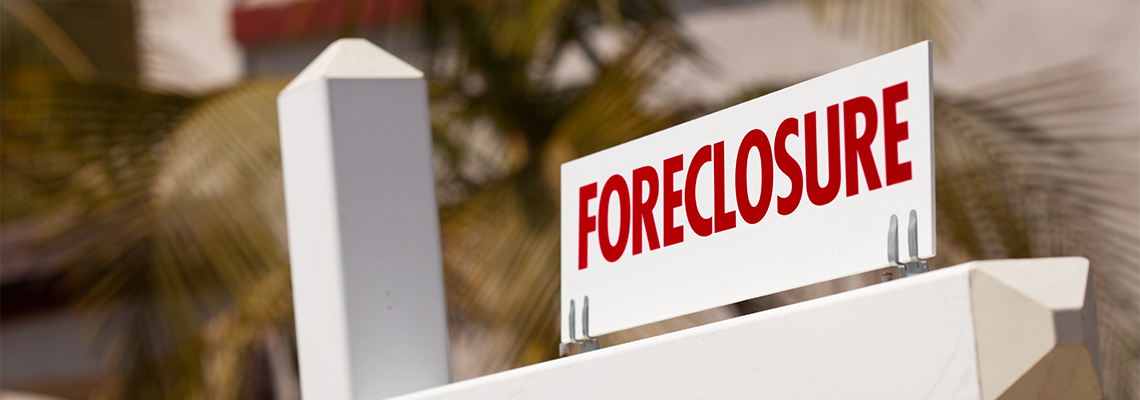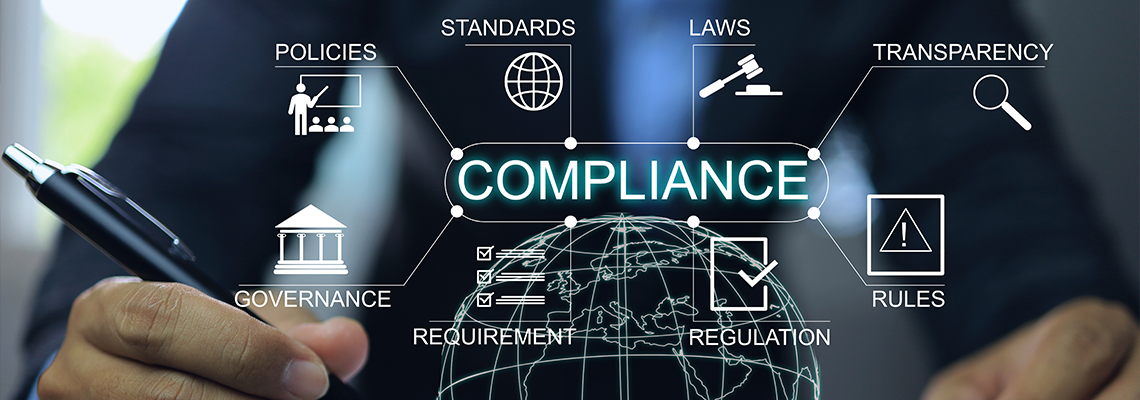
We’re seeing more and more bankruptcy cases in 2020 due to the coronavirus pandemic. As the economy is still in the st midof a recession, we may see filings continue to increase. Our bankruptcy attorneys understand that filing for Chapter 7 bankruptcy is a tough decision, but it may be a prudent choice based on your situation. Read on as we share information you should know about filing for Chapter 7 bankruptcy due to COVID-19.
Related Post: Will My Bankruptcy Affect My Spouse’s Credit?
Being Laid Off
Millions of people were laid off once stay-at-home orders happened and the economy shut down. The nationwide unemployment rate is still near 8 percent, at 7.9% (as of October 2020), and 7 percent in Missouri (compared to half that a year ago). If you’re laid off, there are two things you should do.
First, talk to your creditors about making payment arrangements. Lenders would prefer you keep the loan rather than discharge it through Chapter 7 bankruptcy. Some lenders will waive several months of late payments if you agree to add the payments to the end of the loan. Talk to your lenders to see if this is an option. This will at least delay Chapter 7 bankruptcy until you can find another job.
Second, file for unemployment as soon as possible. Unemployment benefits are exempt from bankruptcy, meaning you won’t lose them when filing for Chapter 7 protection. You can look for another job while receiving unemployment benefits.
Understand the Means Test
The means test in Missouri pertains to filers who have an income above a certain amount. Chapter 7 bankruptcy filers must be below a threshold to file for this protection. If your income is above the threshold, you must file for Chapter 13 bankruptcy, which is where you reorganize your debts and pay them over the course of five years.
For example, you live in a household with three members. You make $70,000 per year, but you’re having trouble paying all of your debts. The median income for a three-member household is $57,468 for the means test. The means test assesses your average income over the past six months versus your expenses. If you have enough income left over to pay some debts through Chapter 13 bankruptcy, you cannot file for Chapter 7 bankruptcy.
Checkett & Pauly can help you determine whether you pass the means test or not for Chapter 7 protection.
What Can and Cannot Be Discharged
Under Chapter 7 bankruptcy, most of your debts can be discharged. Debts that cannot be discharged include, but are not limited to:
Alimony and child support
Unpaid taxes
Student loans
Debts arising from a willful and malicious injury, such as having a judgment against you for a personal injury case
Many types of debt can be discharged with Chapter 7, including medical bills, credit card bills, utility bills, car loans, and mortgages. Unfortunately, you may need to turn over some of these assets to pay for certain debts. Talk to Checkett, Pauly, Bay & Morgan, LLC, about what happens during a Chapter 7 bankruptcy filing, and we’ll advise you as to the best course of action based on your unique situation.
Related Post: Bankruptcy Attorney FAQs
Chapter 7 Bankruptcy at Checkett, Pauly, Bay & Morgan, LLC
Every person’s financial situation is different. The experienced bankruptcy attorneys at Checkett, Pauly, Bay & Morgan can discuss your options based on your unique set of circumstances. Contact Checkett, Pauly, Bay & Morgan, LLC or call for more information. The first consultation is always free.



